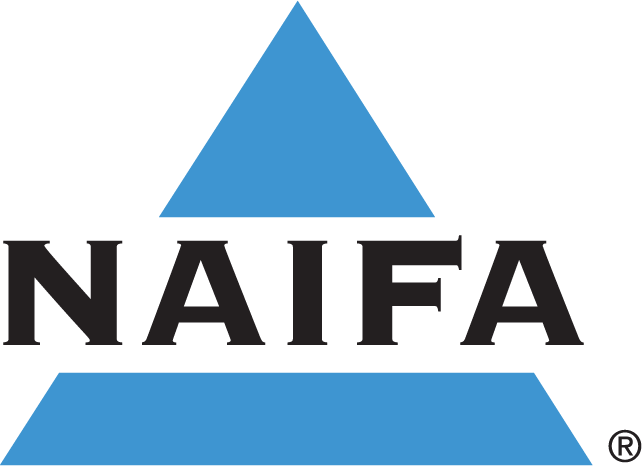On September 21, 2021, Reps. Mike Thompson (D-CA) and Adrian Smith (R-NE) introduced H.R. 5318. This bipartisan bill will provide much-needed relief for employers seeking to comply with the reporting requirements under Section 6055 and 6056 for enforcement of the ACA's individual and employer mandates. NAIFA believes the passage of this legislation would greatly assist in addressing new challenges employers face under the health-reform law.
The Department of the Treasury and the IRS finalized the requirements in March 2014. From the beginning, concern focused on the confusing and complicated nature of filing requirements for all businesses.
H.R. 5318 will ease the compliance reporting requirements for employers offering health insurance coverage to their employees. The bill clarifies that any information regarding health insurance that is communicated to employees must be aligned with the processes that are already in place by employer or employee, including the use of electronic notification for all notification forms.
The bill will also ease the compliance reporting requirements for employers offering health insurance coverage to their employees. Specifically, the legislation would:
- Establish a new voluntary reporting system for employers to report to the IRS information about their health plans. Exchanges will use the federal data hub to access this data for individual verification for tax credits.
- Require that employers report to the IRS only those employees (and/or their dependents) who are not receiving healthcare from their employer, greatly simplifying the requirement that all employees be reported.
- Specify that information that would be reported would include name and employer identification, who has been extended an offer of minimum essential coverage, whether coverage meets minimum value and the affordability safe harbor, and months that coverage is available without waiting periods.
- Allow employers to deliver reports to employees electronically without another consent form.
- Instruct the Government Accountability Office to conduct a study on the notifications, HHS appeals process, and the prospective reporting system.
- Require HHS to review the most recent tax filing for individuals automatically reenrolled in exchange-based coverage and adjust their tax credits accordingly.







